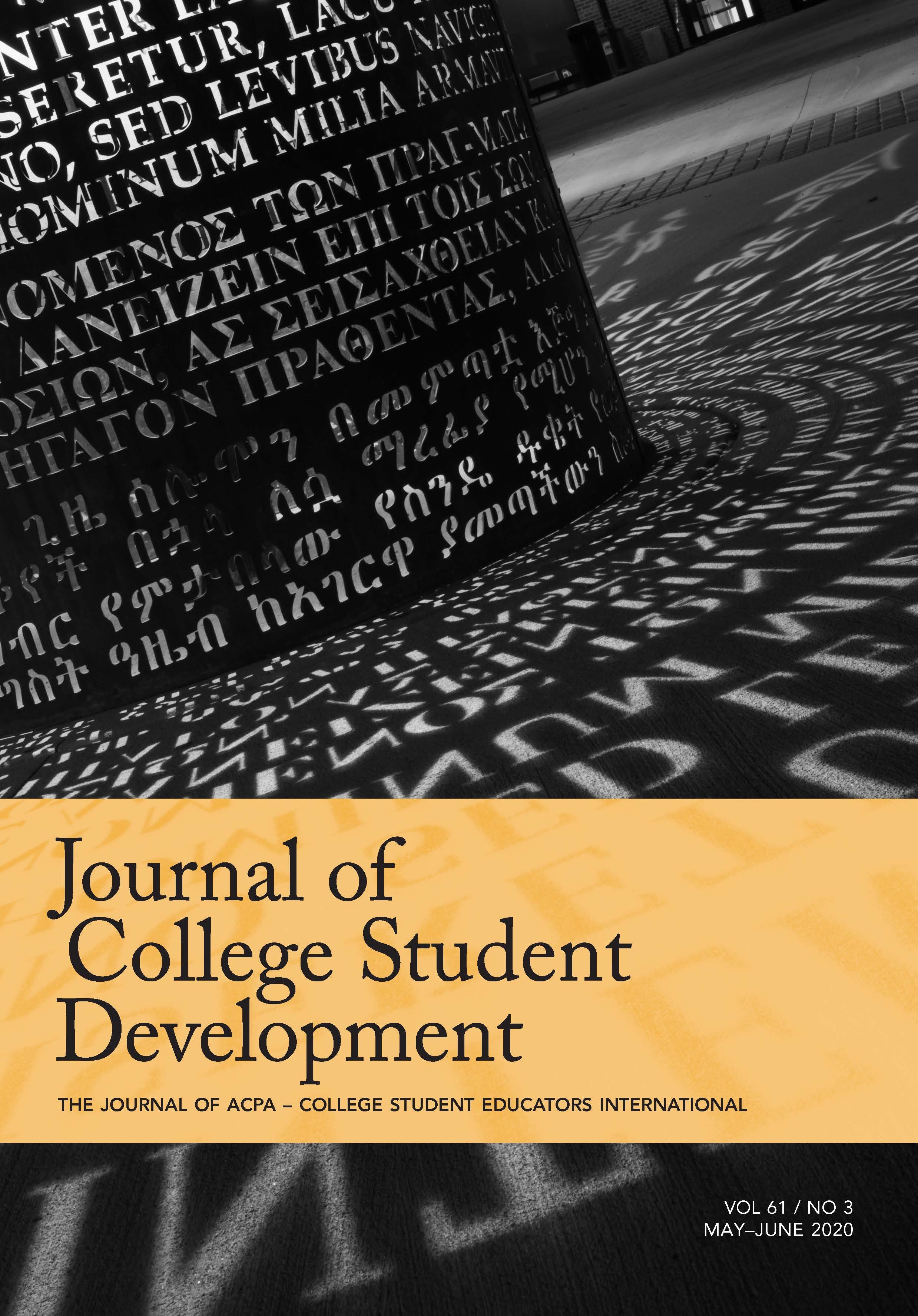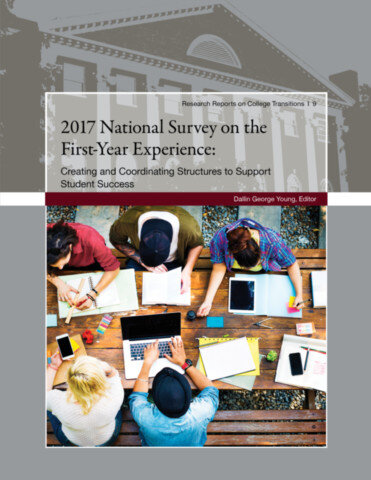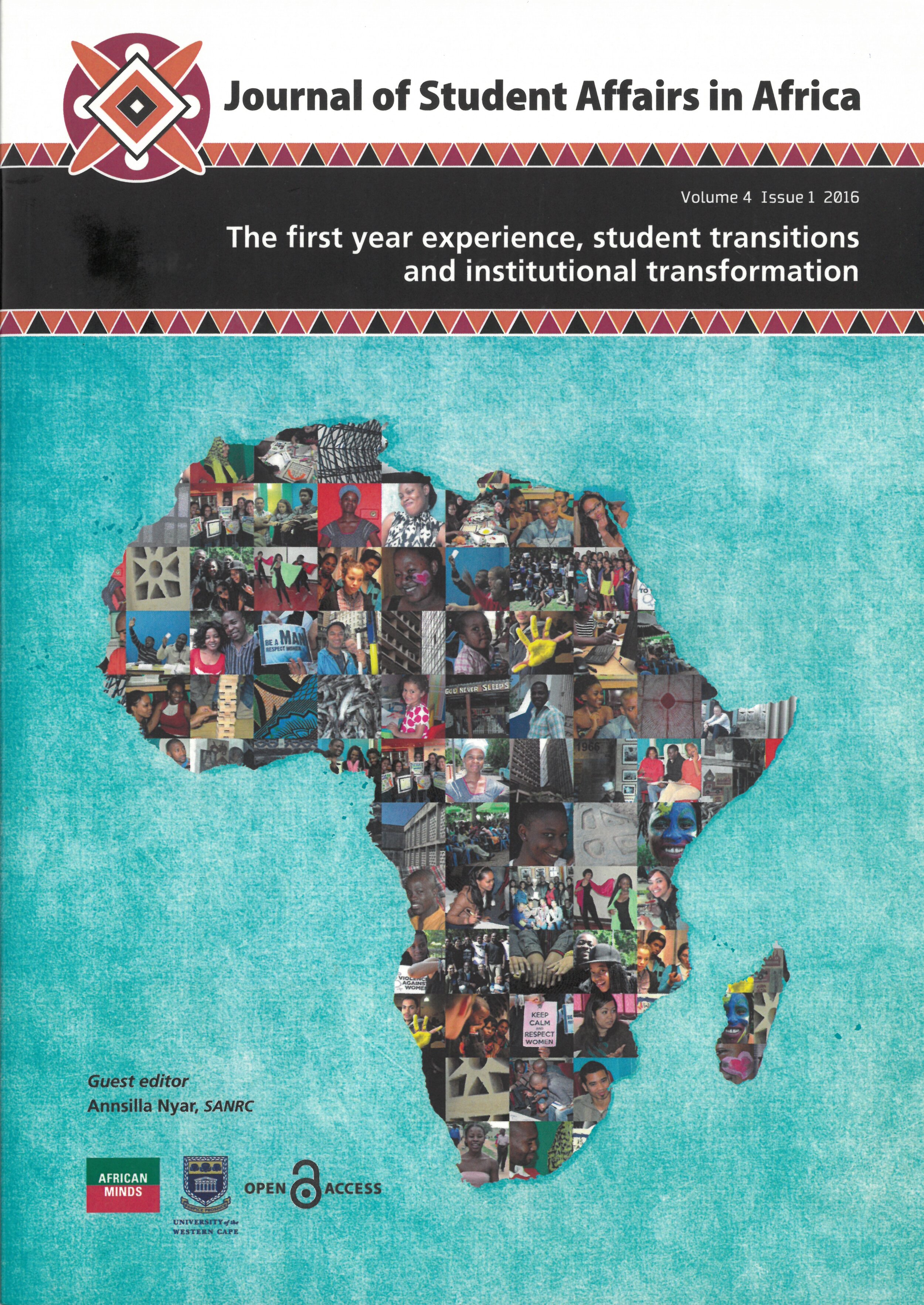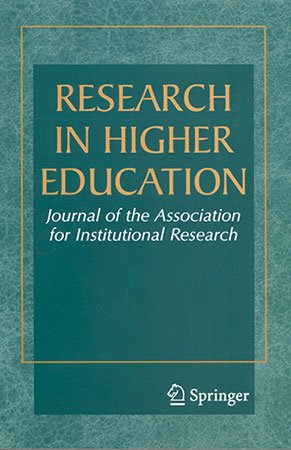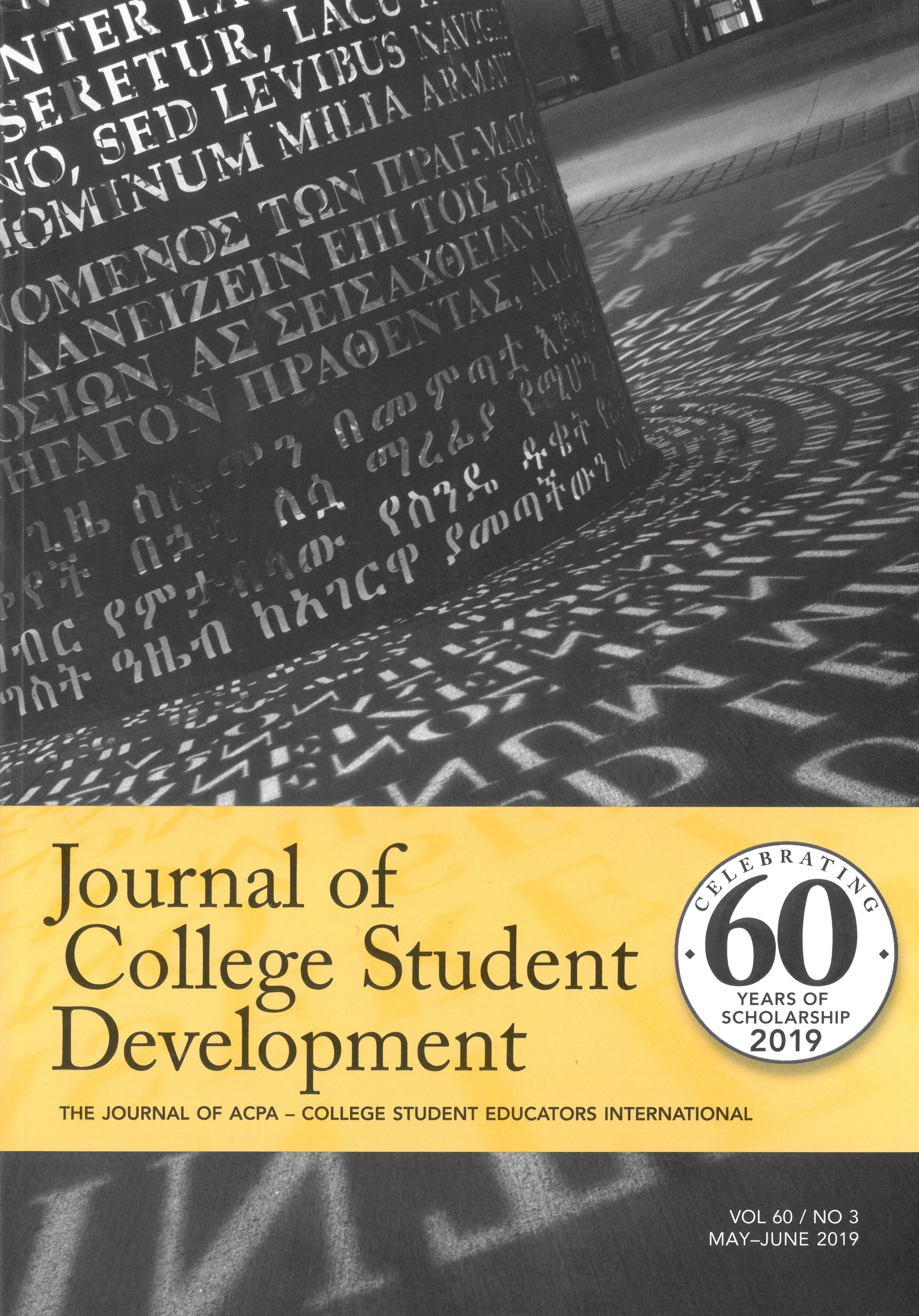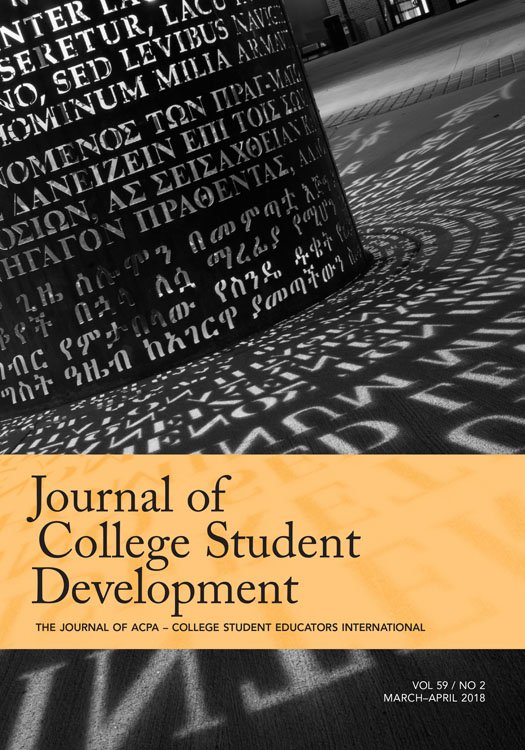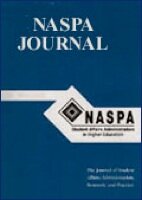Answering Questions
Research
My research is centered on a line of inquiry that focuses on how novices are trained, socialized, and educated as they move from the periphery to full participation in academic communities of practice. Resultantly, more nascent areas of my research include using activity-based theoretical perspectives to interrogate student transitions into the academy; how graduate and professional students learn the rules, knowledge, and culture of their aspirational professional communities; and the impacts of educational structures on the success of these transitions, including investigating differential effects on student populations.
Through recent efforts based on this line of inquiry, I have sought to improve on the theoretical space around learning and transition in higher education in the US. Specifically, my work has started to lead to further development and description of application of learning theories (such as Student Becoming and Legitimate Peripheral Participation) and systems theories (such as Cultural-Historical Activity Theory) in higher education in the US.
Below are selected examples of my research in three main areas of activity: Student Transition Programs, Peer Education, and Graduate Preparation in Student Affairs and Higher Education.

